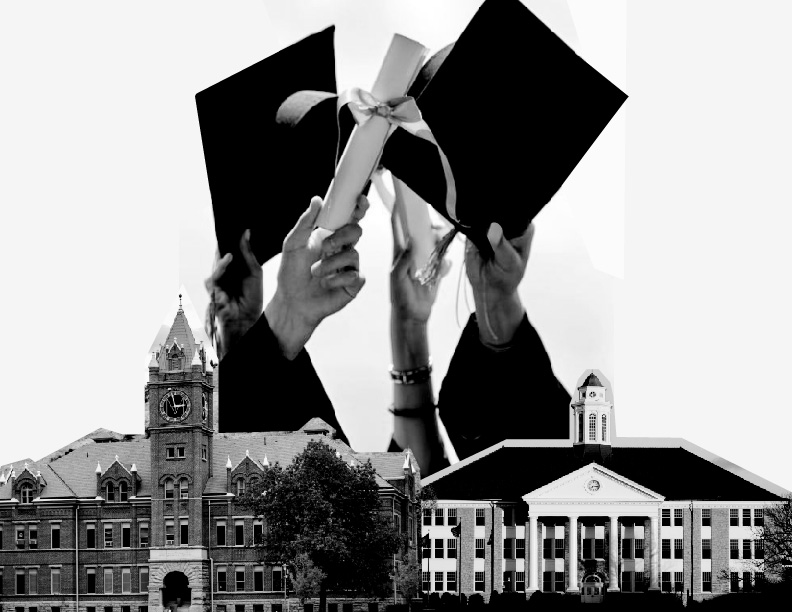American society is infatuated with going to college. Those who attend college are seen as flourishing and contributing members of society. Becoming a successful member of society starts with getting accepted to a college, preferably an elite and selective institution. Many students and their parents start thinking about college long before application season, even as early as elementary school, driven by the famous question: “what looks good on college applications?”
The common opinion is that top colleges are looking for students with exceptional academic performance (i.e., grades), top-level test scores on the SAT or ACT, diverse leadership roles, and extracurricular activities. Many see these standards as the perfect mold to get into a top college and devote themselves to filling this mold. Students will go out of their way to become the president of a club because it shows a college admissions board that they are ‘leaders.’
Community service hours seem to also be an activity that many students exaggerate the importance of. What college wouldn’t want a student who dedicated 500 hours to helping people in need? A student who truly cares about a marginalized community should indeed have a spot at a top university. I’ve observed that this genuine passion for philanthropy is seldom present. The idea that colleges favor students who serve the community is likely the culprit for such intense community service work. For example, some clubs at our school that provide community service tend to exaggerate the number of hours completed. “Come in for thirty minutes during lunch and get two hours of community service” roughly is what I’ve heard from some clubs trying to attract members as community service has become just another stat that needs to be padded. Although some students truly have passions and interests that would lead them to become committed volunteers, too many students only want to “look good” in the eyes of college boards.
And that’s precisely what it is: Looking good for colleges. As in, to look better or different than you actually are.
Would a student have done this community service if it had no impact on their college admissions chances? Would they have become the leader of a club? As a senior currently applying to colleges, I’ve asked myself this question many times, and I am sure that appealing to college admissions boards significantly impacted my activities. While volunteering or playing a big role in a club may be gratifying and meaningful to students, it would have shown much more character if the altruistic acts were done without any ulterior motives.
Students are partially to blame for this flawed system since they play into the expectations put forth by colleges without enough thought about what is honest. Parents might be to blame, too, since they might pressure their child to conform to the standards. However, the colleges that uphold this expectation should be held accountable as well. Colleges need to emphasize that not every applicant needs to fit into one box. Students need to feel free to explore their interests, regardless of how it affects their admissions chances. If students, parents, and colleges can better express that attitude, I think the admissions process will become much more sincere, authentic, and indicative of future success.
[Image credit Carlo Maguire, Unsplash.com]





Be First to Comment